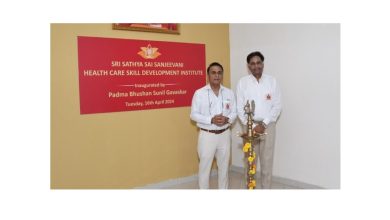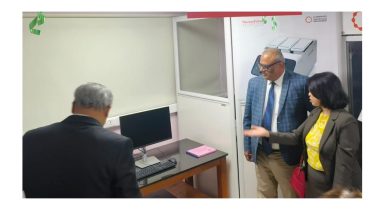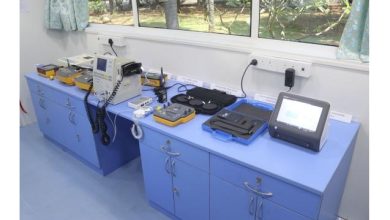Tender Trouble for Indian Medical Device Companies

Indian medical device manufacturing companies manufacturing life-saving medical devices including pacemakers, cardiac stents, ventilators, electro-surgical units — are facing unfairnessin the wake of government hospitals and institutions imposing “restrictive conditions” in procurement tenders. Domestic medical device industry feels public hospitals and institutions across the country are indulging in “discriminatory practices” against them, while “favouring MNCs” in the bidding process.
Indian Medical Device Companies face discrimination over tender curbs
Association of Indian Medical Device Industry (AiMeD) has issued a list of tenders recently floated by over 20 public institutions including state medical corporations, and hospitals which have stipulated discriminatory rest
Indian Procurement Order Ignored by Health Authorities
In a very recent case, one of the largest government hospitals in the Prime Minister’s home state, U N Mehta Institute of Cardiology & Research Centre, Gujarat has a tender for supply of life-saving cardiac stents that stipulates the product should be certified by all three regulatory agencies — US Food and Drug Administration, European Medical Device Directives (CE marked) and India’s drug controller general. The tender closed on October 3. By making these conditions mandatory the tender effectively debars Indian manufacturers to even bid for the tender.
“It’s unfortunate when government-owned-and-financed hospitals discriminate against Indian manufacturers, instead of giving a preference to them. This is also in complete violation of the recent public purchase order by DIPP, and a circular from ministry of health, with tenders issued by public healthcare facilities run by Defence, AIIMS and even state governments (U N Mehta Hospital, Gujarat) continuing to specify compliance to both USFDA and CE certification. It’s ironical that to access our own market, we need to seek third-country regulatory approvals or certifications. The government should not finance such discriminatory tenders,” said Rajiv Nath, Forum Coordinator, AiMeD.
“Other countries like US have a ‘Buy American’ policy, and have the Trade Agreements Act which debars non listed foreign country (Indian) manufacturers and exporters to sell to US Defence and bid for public procurement tenders, so Indian tendering authorities should debar American Bidders from Indian Government supplies,” said Rajiv Nath.
AiMeD has sent 2 letters to U N Mehta Institute requesting them to amend their technical specifications for tenders. AiMeD recommended quality certification (including ISO/CE/ICMED) to be considered as an alternative to that of USFDA, to ensure bids become non-restrictive and competitive, and not be cornered by US companies alone. But unfortunately they have turned a deaf ear to all AiMeD’s recommendations and suggestions.
Countries like China, Malaysia, Indonesia, Jordan, Saudi Arabia, Uganda, South Africa known to use World Bank money or their own funds for healthcare projects are giving full preferences to domestic manufacturers.
As India is not a signatory to USA’s TAA – Trade Agreements Act, we are debarred to bid from US defence bids.
“Government being the biggest buyer can accelerate domestic manufacturing and can adapt the Preferential Purchase Policy of DIPP with additionally considering Preferential Pricing (as per World Bank Terms) for Indian Medical Device for Indian Public Healthcare Tenders and considering the need to encourage quality and safety provide weightage of 5% for ICMED Certification, 2% for ISO 13485 Certification and similarly 3% for Design India Certification for promoting indigenous product development,” said Rajiv Nath.
“The Public healthcare system needs to move from lowest price basis to sustainable supply chain basis as done internationally by UN bodies and penalize suppliers with a poor track record of service and delivery and reward those with proven services as well as provide opportunity to new entrants and startups by reserving small % for trial orders,” added Nath.
“Sadly all these are happening at a time, when the government has been promoting initiatives like ‘Make in India’ and ‘Start up India’, to spur indigenous manufacturing and innovation. No wonder we are 70-90% import dependent with imports shooting up to over 27000 Cr Rs.,” Nath said.




